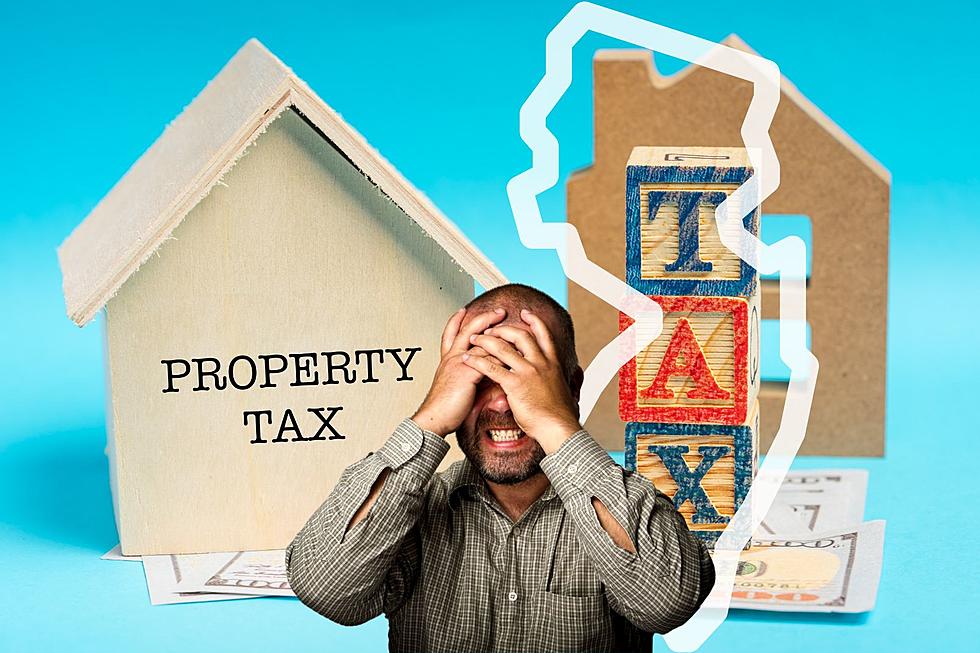
Could Pension Ruling be a New Jersey Budget Buster?
Since delivering his State Budget Address in February, Gov. Chris Christie has used his town hall meetings throughout the state as a vehicle to call for more public employees' pension reform. He has repeatedly said that the unfunded liability for pensions and health benefits is almost three times the state budget. Republicans in the Legislature are supporting Christie, but the top Democrat in the NJ Senate is not.
In 2011, Christie and State Sen. President Steve Sweeney (D-West Deptford) spearheaded the first round of reforms which included an agreement that the governor would incrementally increase payments in the pension system by 1/7 each year, until the full payment was made. Christie did not make the full payment this Fiscal Year and does not plan to make the full payment next year. Public employee unions sued and a judge could rule on the case soon.
"It's in everybody's best interest to make a deal and that includes our public workers. If a judge rules against the administration, it is not in their best interest to say you've just got to make this $3-$3.5 billion of extra payments this fiscal year and next fiscal year. That would be a meltdown because there is not waste, fraud abuse cuts we can make to get to multi-billions of dollars," said Assembly Republican Budget Officer Declan O'Scanlon (R-Red Bank).
The governor's closest ally in 2011 reforms was Sweeney, who actually started the call for reforms in 2006, three years before Christie was elected. In February, Sweeney threatened to allow government to shut down if the full pension contributions weren't made. He has walked back a bit from that, but he is still demanding that the governor make the full payments.
"Demonstrate you're willing to keep your word and get things done and then normally you can get people to a table if you show them we still have a problem," said Sweeney. "Even the unions said they would be open to looking at things once you commit to funding it."
The fiscal statistics the governor cited at recent town hall events included:
- The state has a $90 billion unfunded liability for pensions and health benefits;
- To close the shortfall for just the pension fund every family in New Jersey would have to write a check for $12,000;
- More than 80 percent Of NJ state employees are enrolled in what would be considered "Platinum" plans under Obamacare;
- New Jersey Taxpayers pay $5,832 more annually in public employee health premiums than the national average;
- The Aaverage New Jersey public sector employee pays 35 percent of the national average for richer benefits.
The governor said the New Jersey Education Association has agreed to work with him on what he calls a roadmap to reform, but the teacher's union president made it clear at a budget hearing Tuesday that he still felt Christie must make the full pension payments.
"NJEA is fully committed to insuring the state meets its obligation to fully fund the public employees' pension system. We believe the governor should live up to the law he promoted and signed," said NJEA President Wendell Steinhauer.
More From WPG Talk Radio 95.5 FM










